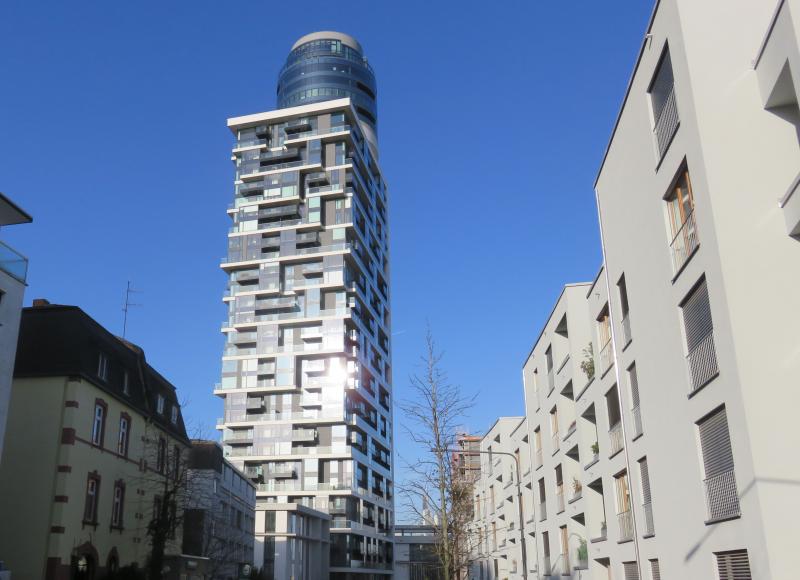North Rhine-Westphalia in 2019: Subdued Housing Market Boom
North Rhine-Westphalia in 2019: Subdued Housing Market Boom
The housing market in North Rhine-Westphalia is characterised by positive parameters. This is not about to change before the end of this year. That being said, developments within the state differ radically.
The populations of major cities in North Rhine-Westphalia are growing. With a growth of nearly 2 % over the past five years, they have clearly outpaced the nation as a whole. Employment grew at an even faster rate, approximating 7 %. But while university cities like Münster, Bonn or Wuppertal are booming, the Ruhr is still just midway through a structural shift. Even here though, the demand for labour is increasing, and it is expected to keep growing in the years ahead.
The demographics are closely connected to the economic and social parameters, and will therefore experience further differentiation. The matrix provides an overview of the demographics and job growth that various cities registered in recent years. The good news for property developers being: Even in stagnant cities, you will find opportunities for new-build construction projects in excellent micro-environments.
Slimming Margins for Property Developers
While interest rates are expected to remain stable or rise moderately only, construction costs are going up fast in many cities as a result of exhausted building capacities and especially because of the land prices. Property developers find it harder and harder to factor in the price expectations of land owners in their calculations. Moreover, additional expenses for longer planning and approval processes or for the development of rent-controlled flats and social infrastructure come increasingly into play.
To keep the rents or prices of new-build flats affordable nonetheless, dwellings are becoming more compact. For the same reason, there is a surge in the development of micro-apartments that serve the demand for temporary residences in Germany’s cities. Due to the rise in construction costs and land prices, these are sometimes the only products that can still be raised at profit in certain cities.
Institutional Investors Looking for New-Build Rental Properties
North Rhine-Westphalia’s market for private and buy-to-let investments developed handsomely over the past years. Especially institutional investors such as specialised funds, insurance companies or pension scheme increasingly look for new-build rental properties. Keen demand has driven up the sale-price-to-rent ratios and pushed down yield rates. While private investors currently expect an average gross initial yield of around 3.6 %, institutional investors generally require a 4 in front of the decimal place. Premium products or projects with a share of rent-controlled flats are actually trading at even higher prices.
The analysis of the average rent and price trends in new-build construction shows that the average yield rate has hardened by 0.3 percentage points since 2014. Particularly sought-after cities like Düsseldorf, including its suburb of Neuss, have become even pricier – driving down yields even further.
Head of Division Residential for North, West and East Germany at bulwiengesaHowever, there are also cities in North Rhine-Westphalia, such as Siegen and Herne, where new-build rents are clearly outpacing prices. Cities like these are characterised by a rather slow building activity, so that even single projects can seriously impact statistical figures.
It may sound banal but bears repeating: Going forward, you should always examine the quality of a given micro-environment along with the city-wide development. Just as important for the success of a given project is the way you structure it.
Assuming the absence of external shocks, 2019 will be another successful year in real estate for investors and developers. That said, the risks are generally following an upward trend, specifically due to the soaring rent and price level and the anticipated gradual rise in interest rates.
Note: The text was previously published in the annual outlook report “Perspektiven 2019” (German language) by the North Rhine-Westphalia chapter of the BFW Federal Association of Independent Housing Companies.
Contact person: André Adami, Head of Division Residential for North, West and East Germany at bulwiengesa, adami [at] bulwiengesa.de








